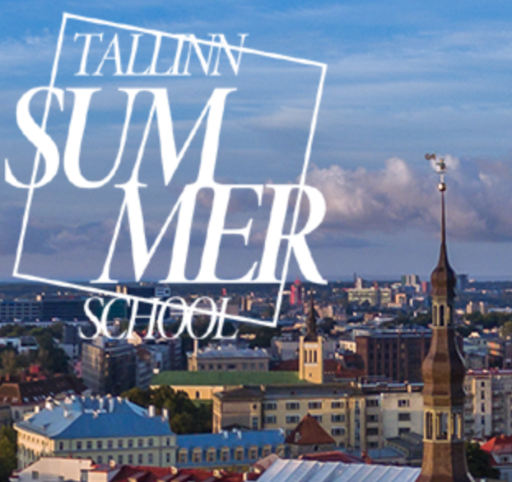
Transnational Intellectual History: Comparative Methods (Summer School for PhD students, Tallinn, Estonia)
Tallinn Summer School
Transnational Intellectual History: Comparative Methods
11-15 July 2022
The course outlines, discusses, and evaluates the methods for studying intellectual history transnationally. It focuses on the inter-relationship between political, cultural, and intellectual history, and the transference and re-signification of ideas. We ask how best to study the circulation of knowledge, and the reasons for integration, rejection – or ignorance of – certain lines of thought transnationally. We also look at how disciplines like philosophy, semiotics, politics, literary studies, translation studies, etc. can provide tools for intellectual historians. The course addresses general methodological issues and compares the insights of different approaches, yet is also strongly based on historical case studies and tailored to students’ on-going research.
The course gives the students the opportunity to present their own study projects and problems, and to receive feedback in seminars, one-to-one tutorials, and through essay evaluation. The course also strongly promotes and encourages informal communication and exploration of ideas among the participants.
The course is organised in cooperation with the project “Between the Times – Embattled Temporalities and Political Imagination in Inter-War Europe,” based at the School of Humanities.
Course instructors are intellectual historians, cultural historians, literary theorists and philosophers, whose research specializes on conceptual history (e.g. history of concepts of “sovereignty”, “progress”, “revolution”, “violence”, “West”), history of 20th century political thought (e.g. in Central and Eastern Europe, Germany, France, Jewish thought, liberalism and its critics), study of processes of intellectual transfer (e.g. reception and translation studies, emigre studies), political ideologies in European modernisms and avant-gardes, and comparative European intellectual history, among other themes.
Why this Course?
– All teachers are innovative researchers, internationally recognised in their respective fields.
– Besides providing general lectures and seminars, the course aims to address each student’s particular research work in proposing methodological options and best practice.
– The course promotes informal communication and exploration of ideas, making time for topically related tours and get-togethers.
Teachers
Keynotes:
Assoc. Prof. Eva Piirimäe
Prof. Georgios Varouxakis
Other teaching/supervising academic staff:
Mr. Johannes Bent (fields of research: philosophy of history; transnational history; intellectual history; Eastern European history of the inter-war period)
Dr. Tommaso Giordani (fields of research: marxism, socialism, Italy, France, positivism and anti-positivism, pragmatism, cultural transfers)
Prof. Liisi Keedus (fields of research: history of modern political thought; German and Jewish intellectual history; liberalism and its critics; arts, scholarship and politics in interwar Europe)
Dr. Henry Mead (fields of research: modernism; modernist theology; Great Britain; France; liberalism and anti-liberalism; women’s suffrage movement)
Prof. Daniele Monticelli (fields of research: translation and genealogies of knowledge; political imagination: utopias and dystopias, radical thinkers, theories of time and temporality; semiotics of culture)
Dr. Piret Peiker (fields of research: modernity; postcolonialism; nationhood and statehood; translation and genealogies of knowledge; genre theory; Estonia)
Ms. Ksenia Shmydkaya (fields of research: gender history; Eastern Europe; historical representation; the relationship between historiography and literature; French Revolution)
Participants
PhD students and dedicated MA students whose postgraduate research focuses on, or draws upon intellectual history.
Minimum bachelor’s degree; knowledge of the English language B2 level or above.
Together with the application, please send your CV and a short (100 words) motivation letter, describing your research project and how you expect it would benefit from this course. The deadline is 1 May 2022. The results will be announced on 15 May 2022.
Group size: maximum 15 students. Participants will be selected based on their CV and motivation letter.
Credit Points
Upon full participation and completion of the course work, students will be awarded 6 ECTS points and a certificate of completion. The certificates will be issued by 15 September.
In order to complete the course, student needs to:
- Read scheduled literature
- Actively participate in discussions
- Do a presentation. Send a 200-word abstract of the presentation by 4 July 2022
- Send a final essay related to their work in progress (3000-5000 words) by 15 August.
Course Fee
50 EUR.
Course participants are provided free Tallinn University Dormitory double room accommodation for up to 10 nights.